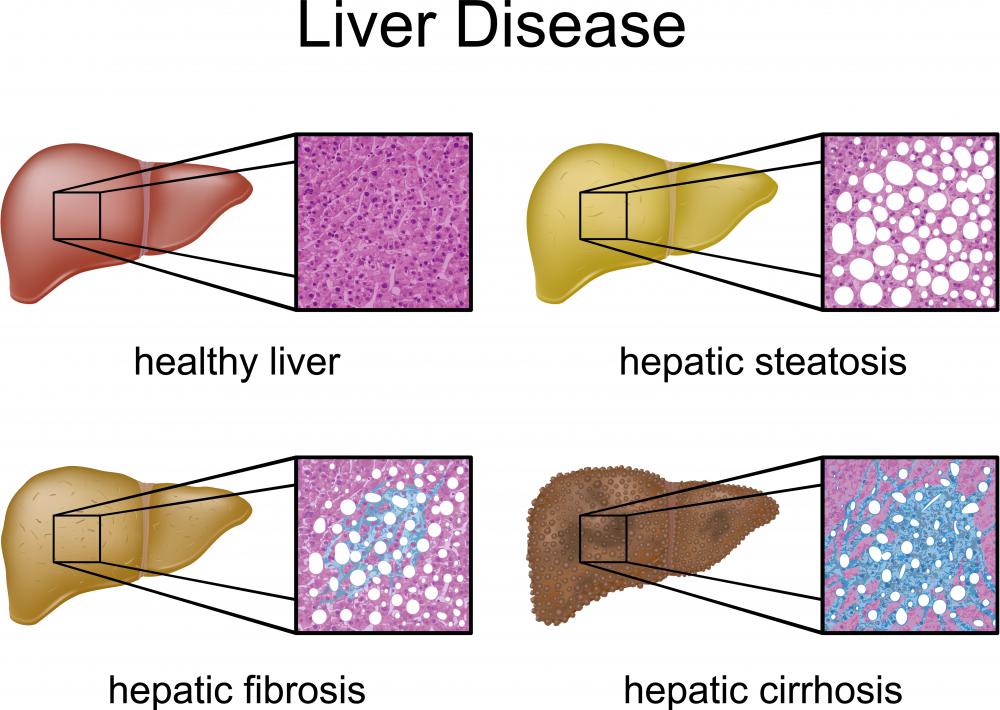Human Kupffer Cells

The cells were first observed by karl wilhelm von kupffer in 1876.
Human kupffer cells. They also store hemosiderin so that it is available for. Norifumi kawada maurizio parola in stellate cells in health and disease 2015. Each vial of human kupffer contains more than 1 million viable cells. Kupffer cells or browicz kupffer cells are specialized macrophages located in the liver that form part of the reticuloendothelial system aka.
They reside within the lumen of the liver sinusoids and are therefore constantly exposed to gut derived bacteria microbial debris and bacterial endotoxins known to activate macrophages. 12 2 1 liver macrophages kupffer cells kupffer cells are resident liver macrophages adherent to sinusoidal endothelial cells inside the sinusoid and are the largest population of innate immune cells in the liver 14 the principal function of kupffer cells is to perform scavenger and phagocytic functions to. They are guaranteed to further culture in the conditions provided in the technical sheet however hkc are not. Characterization of isolated kupffer cells includes assessing morphology in plated format and evaluating functional responses to lps stimulation.
Hkc are cryopreserved just after isolation and delivered frozen. Cryopreserved human kupffer cells are isolated from adult human livers. The kupffer cells are phagocytic i e capable of ingestion of other cells and of foreign particles. Kupffer cell any of the stellate star shaped cells in the linings of the liver sinusoids.
The scientist called them sternzellen star cells or stellate cells but thought falsely that they were an integral part of the. These easy to use cells provide a convenient way to produce hepatocyte and kupffer cell co cultures for the study of various hepatic functions. Human kupffer cells hkc provided by innoprot are isolated from human healthy liver tissue. Kupffer cells also known as stellate macrophages and kupffer browicz cells are specialized cells localized in liver within the lumen of the liver sinusoids and are adhesive to their endothelial cells which make up the blood vessel walls.
Kupffer cells contain the largest amount of tissue resident macrophages in the body. Kupffer cells kc constitute 80 90 of the tissue macrophages present in the body. The sinusoids are microscopic blood channels. And are specialized in performing scavenger and phagocytic functions they play a critical role in normal liver physiological homeostasis and contribute to the pathogenesis of different liver diseases such as liver fibrosis viral hepatitis cholestasis steatohepatitis alcoholic non alcoholic liver disease and drug.
Gut bacteria bacterial endotoxins and microbial debris transported. Kupffer cells are endogenous to the sinusoid of the liver and have the ability to modulate hepatic inflammation and injury associated with various pathophysiologies and toxicities. Human cryopreserved kupffer cells are isolated and enriched from dissociated human liver tissue and then cryopreserved as passage 0. Kupffer cell markers.
Kupffer cells kcs are innate immune cells in liver.














































